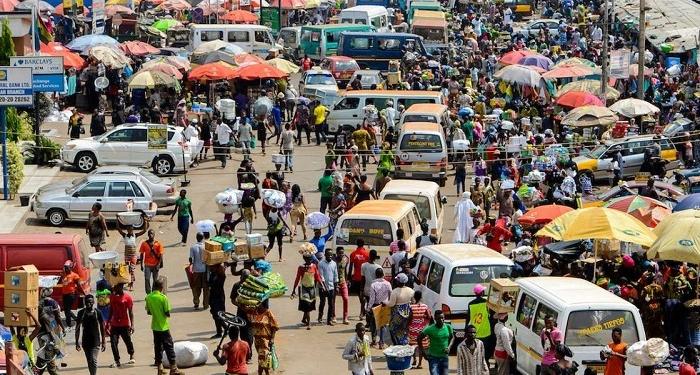Inflation to Average 15% in 2025, 10% in 2026
Ghana’s inflation rate is projected to average 15% in 2025 and drop further to 10% in 2026, international ratings agency Fitch has stated in its latest economic outlook for the country.
This marks a significant improvement from the estimated average inflation of 23% in 2024, driven largely by the sharp appreciation of the Ghanaian cedi since April 2025, sustained monetary tightening by the Bank of Ghana, and ongoing fiscal consolidation efforts by government.
“The size of the pass-through of exchange rate appreciation is uncertain,” Fitch noted, “but we believe it will rapidly contribute to a moderation in domestic inflation, supported by lower oil and international food prices.”
The UK-based ratings firm further indicated that the Bank of Ghana is likely to commence monetary policy easing in July 2025, signalling a potential shift from the current tight policy stance as inflationary pressures subside.
Inflation Hits 18.4% in May, Lowest Since February 2022
The disinflationary trend appears to be well underway. Ghana’s year-on-year inflation for May 2025 declined to 18.4%, the lowest level since February 2022, and the fifth consecutive monthly drop. The fall in consumer prices has been largely attributed to reductions in transport fares – following sustained cuts in fuel prices – and a deceleration in non-food inflation.
Growth Remains Resilient
Fitch also pointed to Ghana’s resilient economic growth despite macroeconomic imbalances and ongoing debt restructuring efforts. Real Gross Domestic Product (GDP) growth came in at 3.1% in 2023 and is estimated to have accelerated to 5.7% in 2024.
Looking ahead, the agency projects GDP growth of 4.0% in 2025 and 4.5% in 2026, anchored by a recovery in agricultural output—particularly cocoa—following years of depressed yields, and continued expansion in the industrial and services sectors.
The revised outlook comes as the country gradually exits a period of economic turbulence characterised by high inflation, exchange rate volatility, and a domestic debt restructuring programme under an IMF-supported reform plan.








